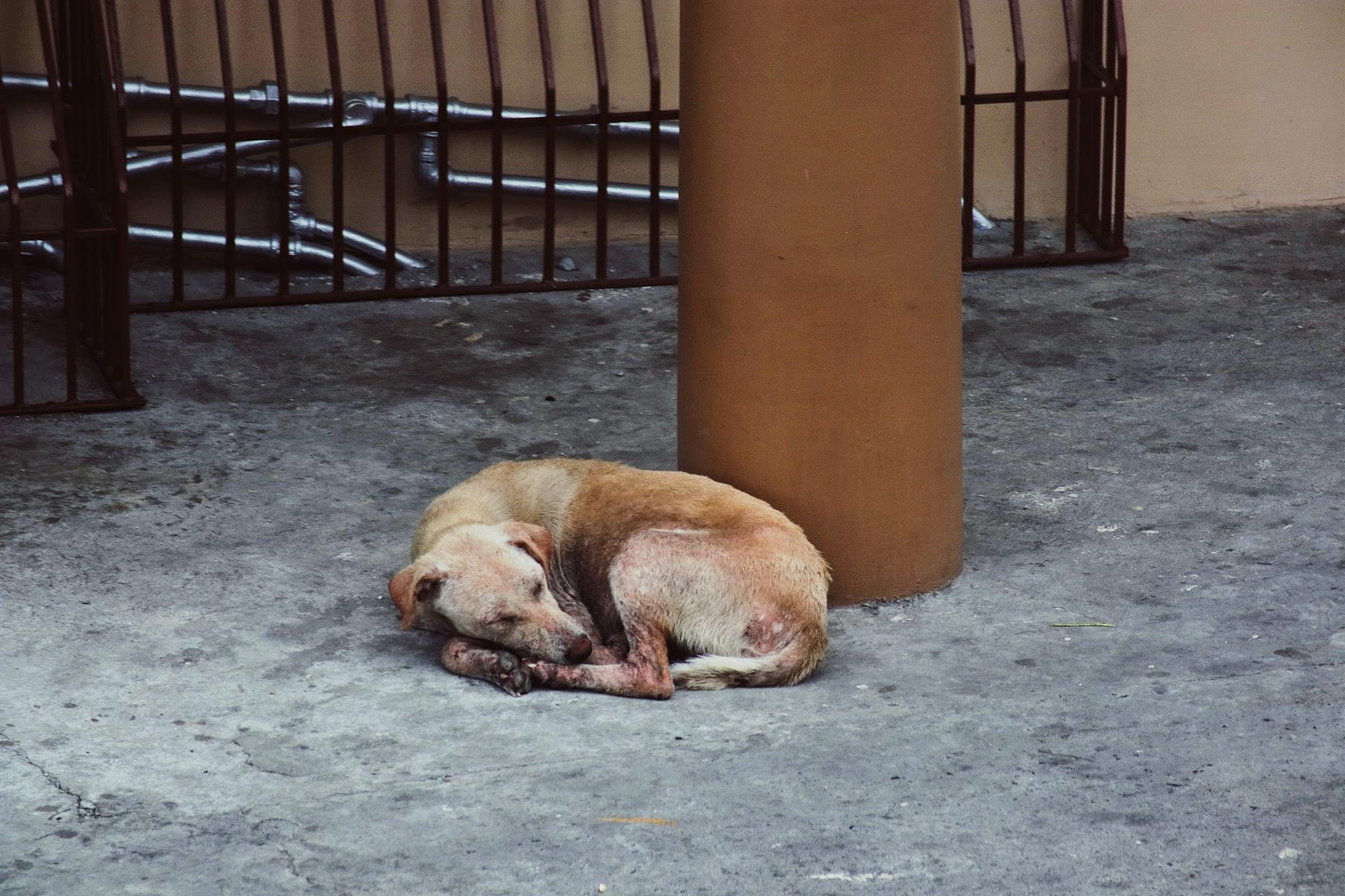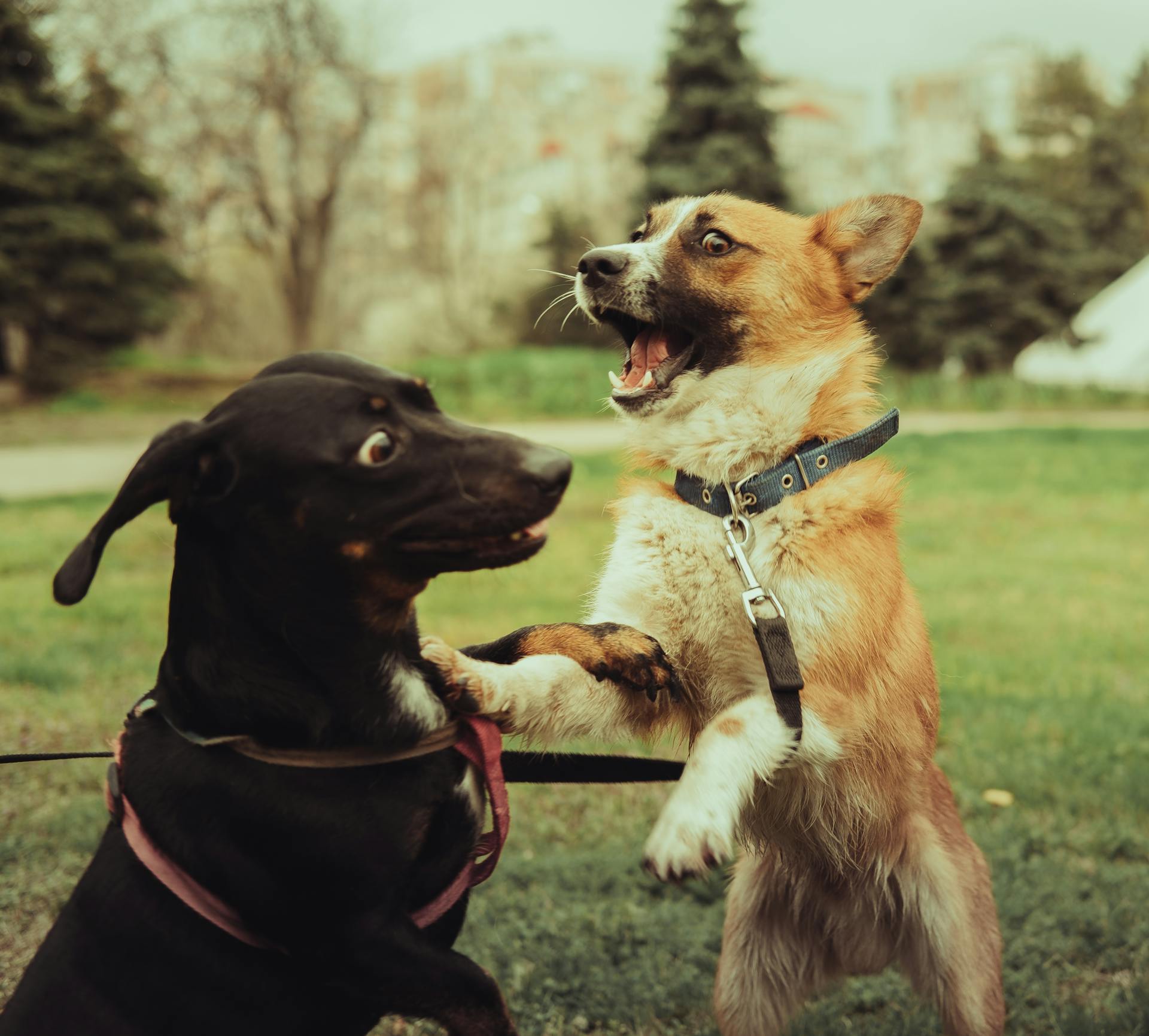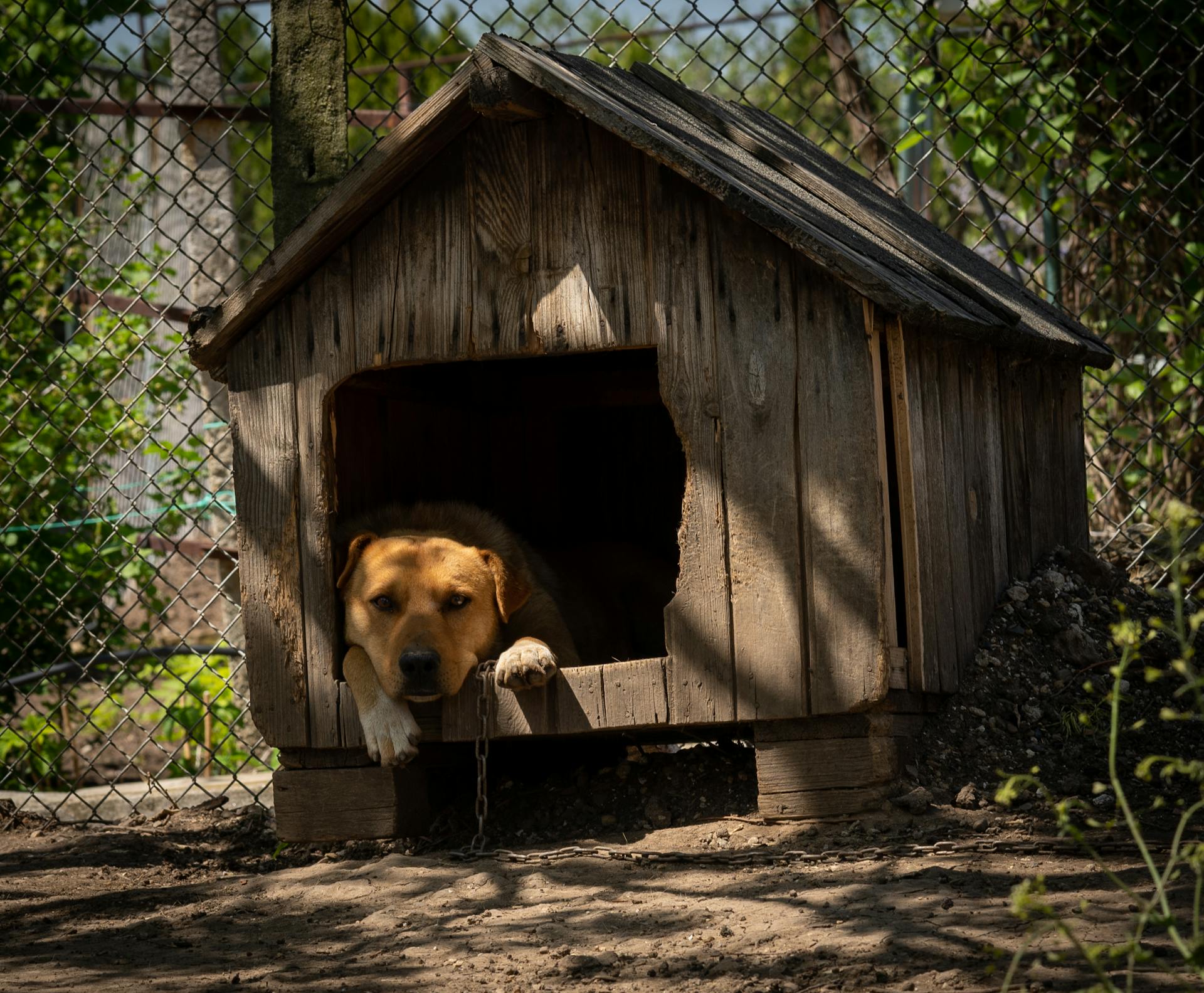
Dog boarding negligence can have devastating consequences for our beloved pets. According to a study, 1 in 5 dogs experience some form of neglect while in boarding facilities.
Inadequate supervision is a common cause of dog boarding negligence. This can lead to accidents, injuries, and even fatalities. For instance, a boarding facility may not have enough staff to monitor the dogs, leading to unsupervised interactions that can result in fights or escapes.
Dogs are social animals that thrive on interaction and attention. Neglecting to provide adequate socialization and exercise can lead to behavioral problems and stress. In one case, a dog was left alone in a kennel for extended periods without any human interaction, resulting in severe separation anxiety.
Proper training and equipment can help prevent dog boarding negligence. For example, a boarding facility may use positive reinforcement training methods to manage canine behavior and reduce the risk of accidents.
Suggestion: Training Dog to Stay in Yard
Dog Boarding Negligence Cases
In Georgia, the state Supreme Court ruled that when a pet is injured or killed by someone else's negligence, the owners may try to collect costs incurred trying to save the animal, in addition to the animal's market value.
The court's decision was made in a case involving a kennel in Atlanta, where a dog named Lola died after being given medication intended for another dog. The owners, Robert and Elizabeth Monyak, are seeking to recover damages, including over $67,000 to treat Lola.
The court's opinion acknowledges the unique human-animal bond, but also cites a 19th century Georgia Supreme Court opinion that allows owners to seek expenses incurred in an effort to cure the animal.
A kennel in Des Peres, Missouri, was also involved in a case of negligence after a dog named Poppy was run over by a car while being taken to the grooming portion of the kennel. The owner of the kennel, Paul Schifano, admitted that one of his employees left a gate open, leading to the accident.
In the aftermath of the accident, Schifano added a third gate to the system and is considering extra training for his staff. This is the first accidental pet death in his 19 years of being a veterinarian and pet care specialist.
Regulations and Compliance
Insurance is a crucial aspect of running a dog boarding business. You'll need to have adequate and appropriate insurance cover, which is generally a licensing condition for pet boarding establishments.
To get the right insurance, contact an insurer and explain how your business will operate. They'll recommend the necessary cover and give you an idea of the cost.
You can save money by shopping around and comparing prices from different insurers. Don't feel pressured to take out all your business insurance policies with the same insurer.
Here are some types of insurance cover you might need:
- Employer's liability (required by law)
- Public liability
- Premises and premises contents
- Business interruption
- Third party legal protection cover
- Professional negligence, including cover for the loss of an animal
- Animal welfare prosecution cover
- Liability for noise, smoke or effluent pollution
- Other environmental liability
- Motor insurance (if you have your own animal collection vehicles)
- Insurance to cover veterinary fees
Remember to also comply with workplace health and safety and fire safety legislation. Fire safety is particularly important in pet boarding establishments, where large amounts of bedding materials are used and heaters are present.
Boarding Kennel Licences
Boarding Kennel Licences are required by law in many places, and the specific requirements vary depending on the location. In some areas, a kennel licence is needed to operate a boarding kennel, and the licence must be renewed annually.
The licence fee can range from $50 to $500 per year, depending on the size of the kennel and the number of dogs it cares for. Many kennels also need to pay for additional permits, such as a health permit.
To obtain a kennel licence, you typically need to provide proof of liability insurance, which covers damage to property and injury to people or animals. You'll also need to meet specific health and safety standards, such as providing adequate shelter and veterinary care for the dogs.
Regular inspections are usually required to ensure the kennel is meeting these standards, and licence holders may be penalized if they fail to comply with regulations.
Explore further: What Vaccines Do Dogs Need for Boarding?
Health and Fire Safety
Health and Fire Safety is a top priority in any business, and pet boarding establishments are no exception. Fire safety is particularly important due to the large amounts of flammable bedding materials used.
You must comply with workplace health and safety and fire safety legislation. This includes ensuring that your business meets all necessary safety standards to prevent fires from occurring in the first place.
Boarding Kennel Insurance
Insurance is a must-have for any business, and boarding kennels are no exception. Adequate and appropriate insurance cover is generally a licensing condition for pet boarding establishments.
You'll need to contact an insurer and explain how your business will operate. They'll then recommend what cover you should have and give you an idea of the cost. Shopping around can often save you money.
The types of insurance cover you might need include employer's liability, public liability, premises and contents, and business interruption. You'll also want to consider third party legal protection cover in case one of the animals in your care bites someone or injures another animal.
Other types of insurance you may need include professional negligence, animal welfare prosecution cover, liability for noise, smoke or effluent pollution, and other environmental liability. You may also need motor insurance for your animal collection vehicles, and insurance to cover veterinary fees.
Here are some examples of the types of insurance cover you might need:
- Employer's liability
- Public liability
- Premises and contents
- Business interruption
- Third party legal protection
- Professional negligence
- Animal welfare prosecution cover
- Liability for noise, smoke or effluent pollution
- Motor insurance
- Insurance to cover veterinary fees
Frequently Asked Questions
What happens if a dog dies while boarding?
If your dog dies while boarding, your veterinarian may be able to help identify the cause, which can inform your next steps. However, many cases remain undetermined, and fault may not be assigned.
Sources
- https://www.lawdonut.co.uk/business/sector-specific-law/boarding-kennel-legal-issues
- https://www.sfgate.com/bayarea/article/luxury-sf-bay-area-pet-kennel-accused-abuse-18692040.php
- https://wtop.com/dc/2024/05/eight-families-whose-dogs-drowned-in-pet-care-facility-sue-district-dogs-claim-negligence/
- https://www.ksdk.com/article/news/local/dog-owner-pure-negligence-led-to-dogs-death-at-des-peres-kennel/63-584522437
- https://www.insurancejournal.com/news/southeast/2016/06/08/411191.htm
Featured Images: pexels.com


